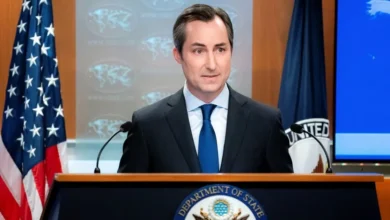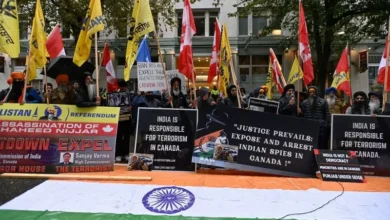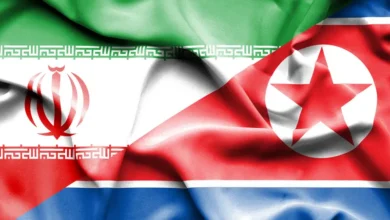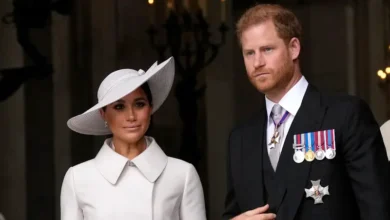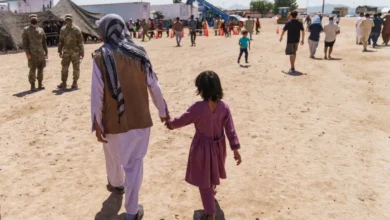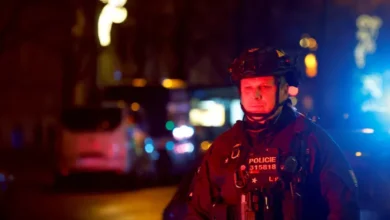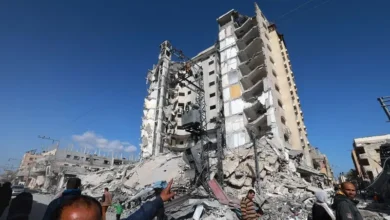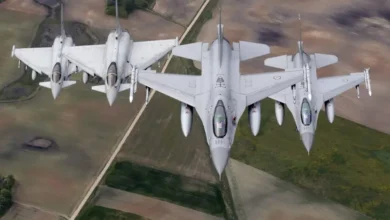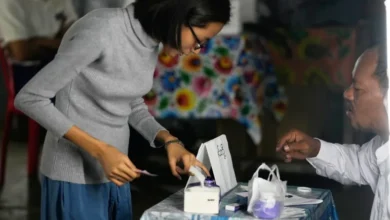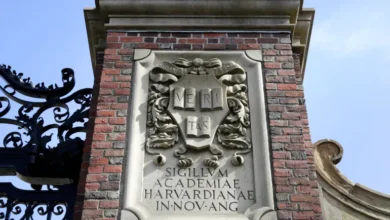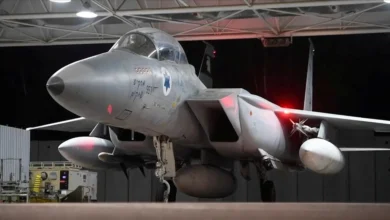Putin’s spy chief visited North Korea, Russian intelligence service says
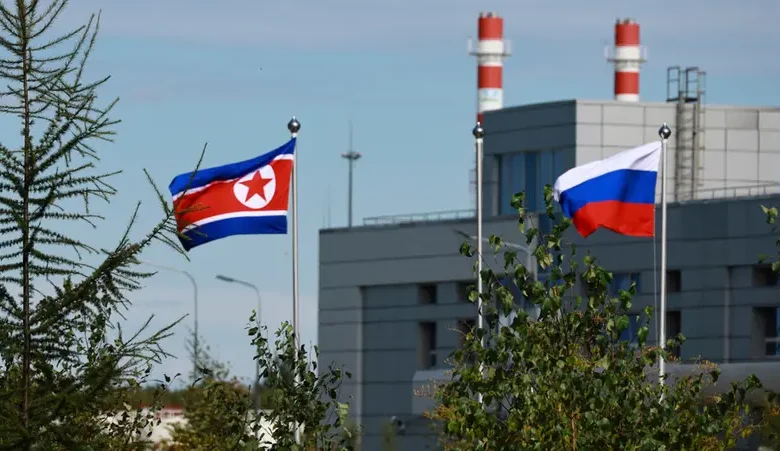
President Vladimir Putin’s foreign intelligence chief paid a visit to North Korea this week to deepen bilateral cooperation between Moscow and Pyongyang and discuss broader regional security, Russia’s spy service said on Thursday.
Sergei Naryshkin, the head of Russia’s Foreign Intelligence Service (SVR), the main successor to the KGB’s First Main Directorate, visited Pyongyang on March 25-27, the SVR said. North Korea’s KCNA state media first reported the visit.
Naryshkin met North Korean Minister of State Security Ri Chang Dae, the SVR said.
“They discussed topical issues of the development of the international situation, ensuring regional security, and deepening Russian-North Korean cooperation in the face of attempts to increase pressure from external forces,” the SVR was quoted as saying by Russian state news agency TASS.
KCNA said the two sides discussed further boosting cooperation to deal with the “ever-growing spying and plotting moves by the hostile forces.”
Putin has deepened ties with North Korea since the 2022 invasion of Ukraine, and the United States and its allies have condemned what they say have been significant North Korean missile deliveries to Russia to help its war effort.
Both Russia and North Korea have repeatedly dismissed the criticism. Moscow says it will develop ties with whatever countries it wants and that its cooperation with Pyongyang does not contravene international agreements.
Putin gave Kim Jong Un a luxury Russian Aurus limousine as a gift, the Kremlin said in February.
A North Korean delegation visiting Vietnam led by Kim Song Nam, director of the international department at North Korea’s ruling Workers’ Party of Korea, also met in Hanoi on Tuesday with Truong Thi Mai, a permanent member of the secretariat of the Communist Party of Vietnam’s central committee.
The two discussed strengthening cooperation and improving relations, according to KCNA.
The meetings come as Pyongyang seeks to expand its diplomatic engagement after COVID-19 lockdowns.
